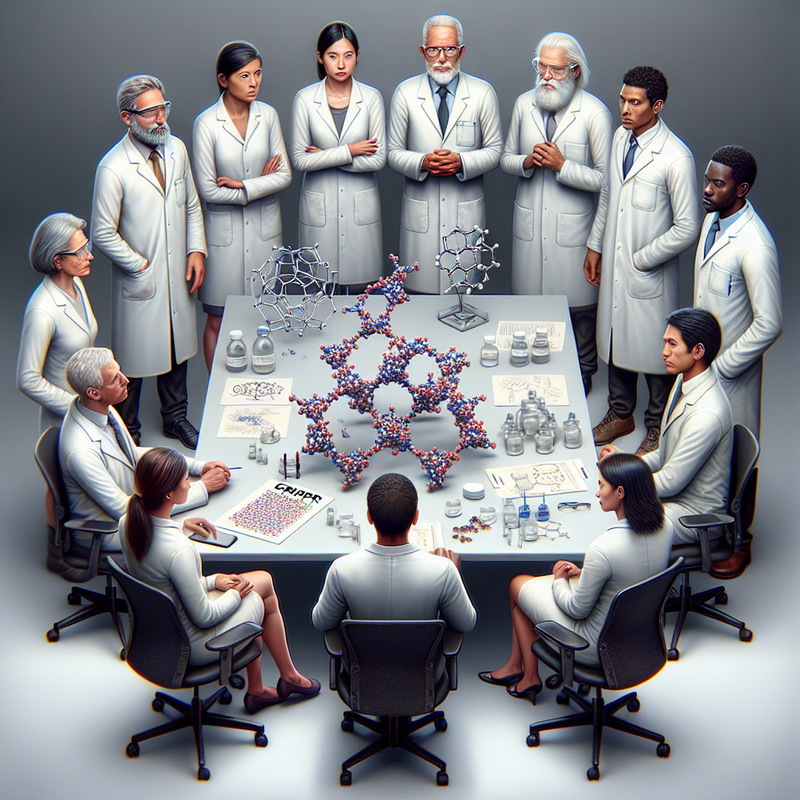Recent calls by CRISPR scientists to retract their patents has put the European Patent Office’s (EPO) Board of Appeals practices into question
This action highlights potential shortcomings in what some critics describe as an “inherently unfair and uncertain system“.
Contentious CRISPR Patents
CRISPR, a landmark development in biotechnology, is at the heart of these disputed patents. Patent ownership is an integral part of the industry, influencing many stakeholders. The Nobel Prize winners associated with CRISPR, who have chosen to retract their patents, bring considerable weight to this evolving situation.
The EPO’s Board of Appeals’ supposed mismanagement has catalyzed this outstanding move. Various comments and reactions from the CRISPR scientists illuminate the perceived inadequacies of the organization in managing patents of such great significance.
Nobel Prize Winners Make Their Move
Conveying their issues with the EPO, the Nobel laureates involved in the patent retraction justify their decision. This action would undoubtedly exert a massive effect on their research, career path and the whole biotechnology sector.
Consequences and Repercussions
This occurrence stirs discussions about the moral and legal aspects of patenting ground-breaking technologies. It will likely send shockwaves across the biotechnology industry, affecting market trends, investor relationships and views on innovation and competitiveness.
Sarah Speight’s research revealed this “inherently unfair and uncertain system” in the patent world. As comparisons with other global patent frameworks further expose the inequalities that need to be addressed, calls for reform are becoming louder.
Uncertain Future for CRISPR Following Patent Withdrawal
Given the recent events, the future course for CRISPR technology remains highly uncertain. This setback may prompt worldwide research collaborations to revise their strategies or could even encourage the inception of open-source alternatives for gene editing. Such a shift could reshape the existing landscape of the field.
In conclusion, this incident represents a watershed moment in the biotechnology industry, with extensive ramifications not just for the EPO but also for CRISPR. It will be interesting to observe how the situation develops and what additional impacts it may trigger.







